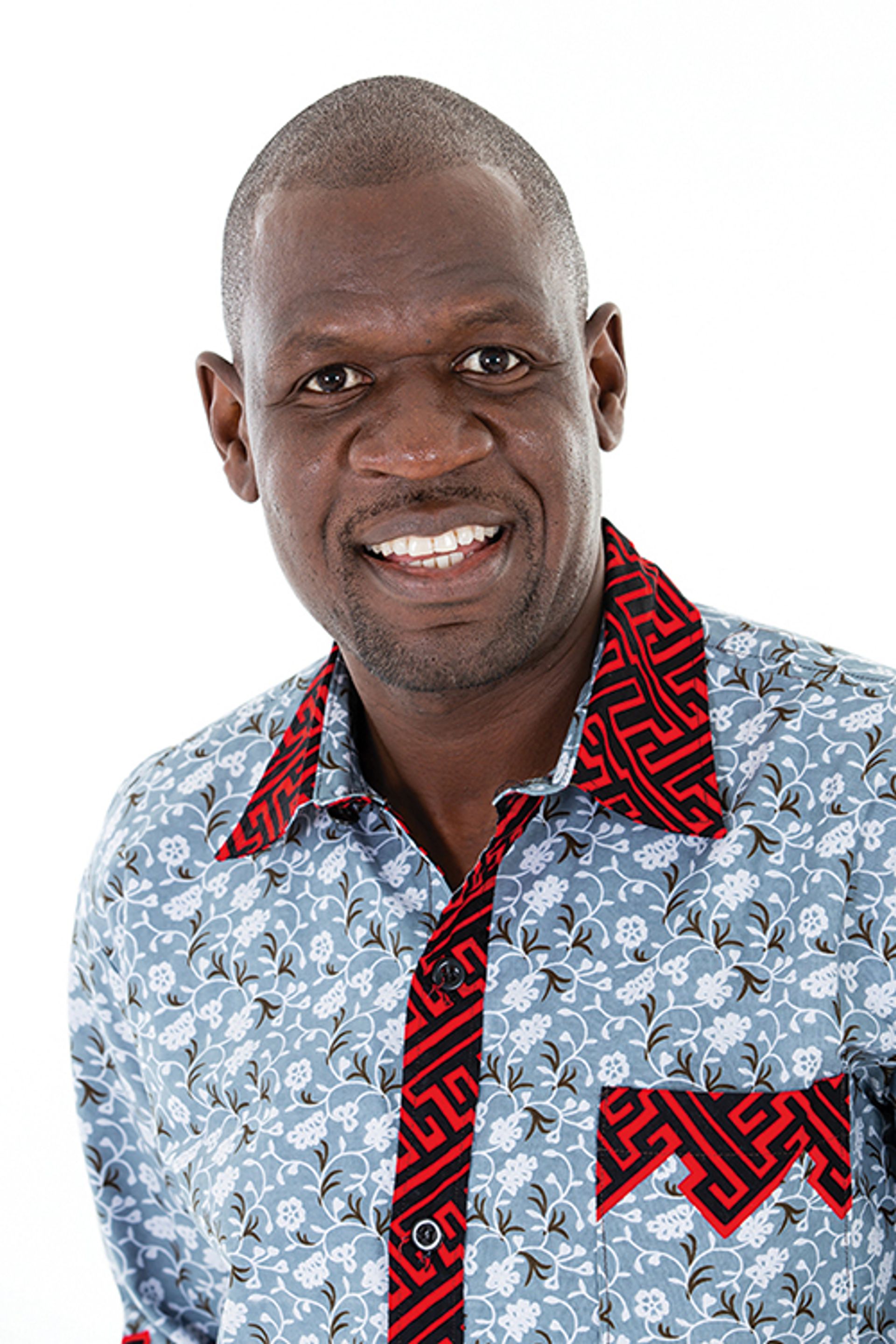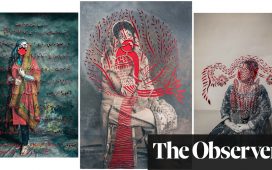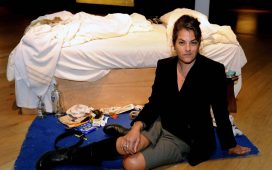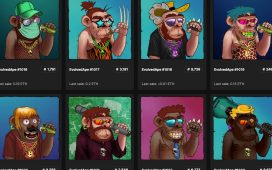The story of how African history and prehistory has been written is largely one of theft and oversight. Not only has Africa been despoiled of many riches but its scholarship has also often been stolen, with the contributions of African researchers—mostly women—erased by more famous European names.
A new reference work, the Oxford Encyclopedia of African Archeology, edited by the Zimbabwean archaeologist Shadreck Chirikure and published by Oxford University Press (OUP), aims to upend this.
Chirikure, a professor of archaeology at the University of Oxford, was working as senior editor on the Africa section of the OUP’s Encyclopedia of Anthropology, when, as he puts it, “the Africa section outgrew the Encyclopedia of Anthropology”.
Three million years of African life
“Africa is the second largest continent,” he says. “It is also the continent, based on current knowledge, that is associated with human origins and human culture.” He set out to collate a duly expansive compendium of the most up-to-date archaeological scholarship on what he describes as three million years of African life.
The work is one of the publisher’s living research encyclopaedias. Along with the print version, there is an online resource, which scholars can continually update with new findings.

Shadreck Chirikure: the new work speaks “the language of empowerment and of livelihoods” Photo © Oxford University Press
Instead of a chronological structure (grouping all the Stone Age experts, say), Chirikure has organised the papers into six thematic chapters that cut across time periods. The first—which covers livelihoods, subsistence and the environment—runs the gamut from faunal exploitation in southern Africa in the later Pleistocene (which ended 11,700 years ago) to how people interacted with the environment in Iron Age Kenya (until 500BC). The other four chapters cover cultural heritage management, new archaeological methodologies, social organisation, and technology.
The study of the distant past is as relevant to the present as it is to the future
This thematic approach embeds Chirikure’s driving principle, which is that the study of the distant past is as relevant to the present as it is to the future. He sought out experts whose methods and focus work to the advantage of the previously marginalised. His own work on the World Heritage Site of Great Zimbabwe has earned him the field’s greatest accolades.
But, as he puts it, just knowing that the site was built in AD1000 does not put food on the table. By contrast, understanding that Great Zimbabwe was a centre for manufacturing, a hub for intra-African trade and a fully functioning state speaks directly to contemporary economic questions across the continent. Similarly, the encyclopaedia’s paper on the ethnoarchaeology of coffee’s origins in Ethiopia relates to a key 21st-century commodity. “We are proud that the 108 papers talk the language of empowerment and the language of livelihoods,” he says.
Comprehensive and full of holes
In both the breadth of the research it covers and the roster of its contributors, the encyclopaedia is at once comprehensive and full of holes. Chirikure aimed for gender parity. He also wanted at least 50% of his writers to be based in Africa. But those parameters instantly narrowed things down.
The reasons for African scholars to work outside Africa are manifold. There is a lack of political will, funding and infrastructure for laboratories in Africa specialising in DNA and materials analysis. Conflicts in the Democratic Republic of the Congo, in Libya and beyond preclude research of any kind in the affected areas.
A further significant gap to Chirikure’s way of thinking is the limitations of how knowledge itself is disseminated. This encyclopaedia is written in English. Not only does that limit who can make written contributions to it, it also shuts out a great many readers. Seeing it translated into all the African languages that the encyclopaedia’s writers represent would, he says, “be a dream come true”.
In that sense, Chirikure sees this project as a statement of hope. He wants seasoned researchers to unlearn biases and the next generation of archaeologists to find inspiration.
“It offers a moment,” he says, “for people, whoever they are, to pause and reflect and immerse themselves in the beautiful papers and then take the issues they raise further.”








